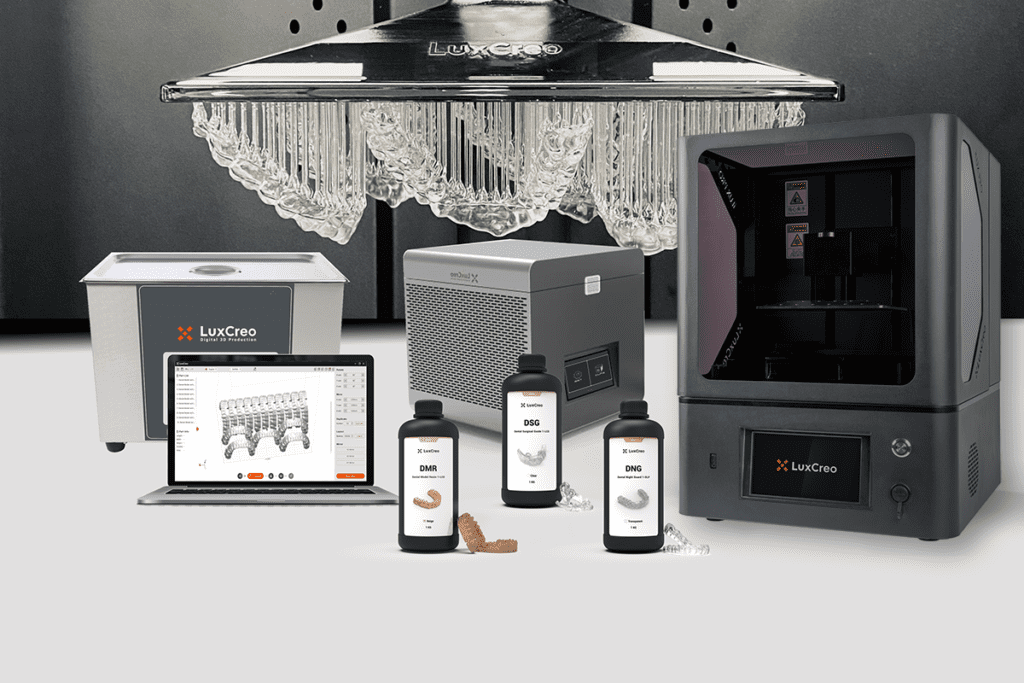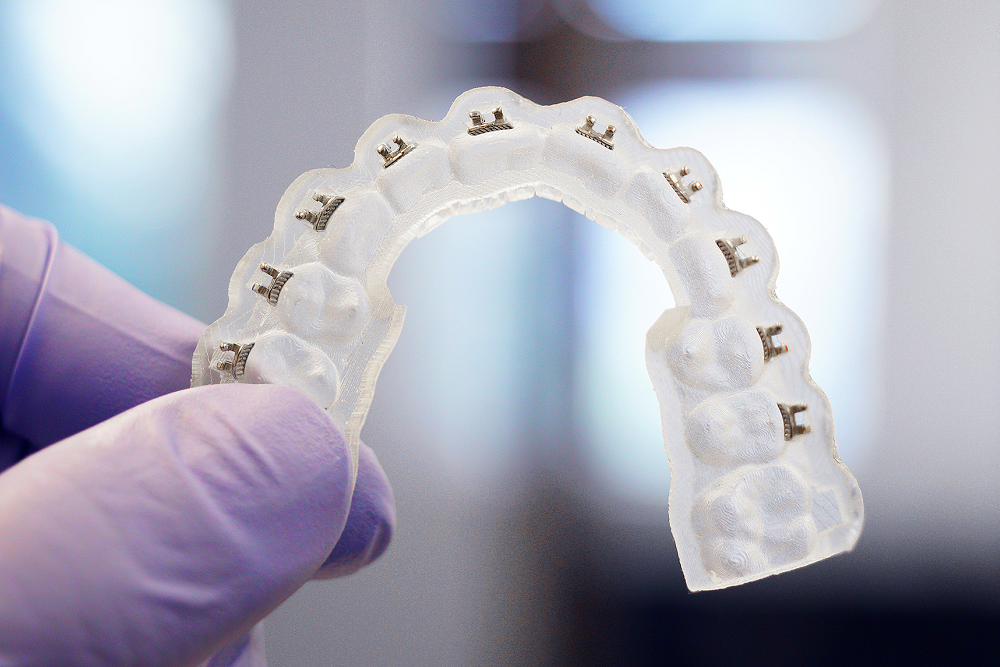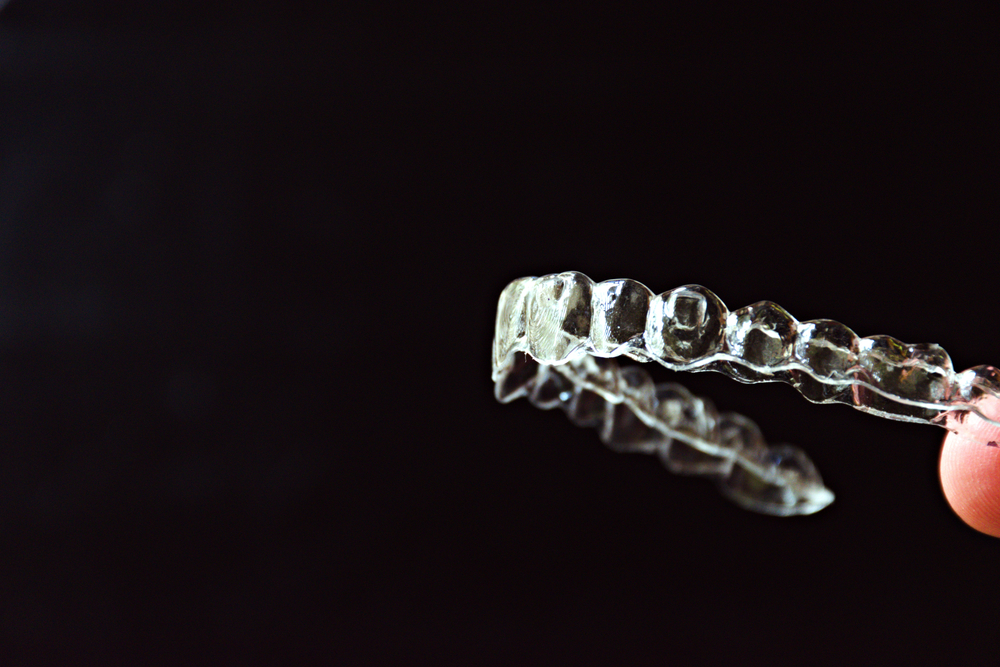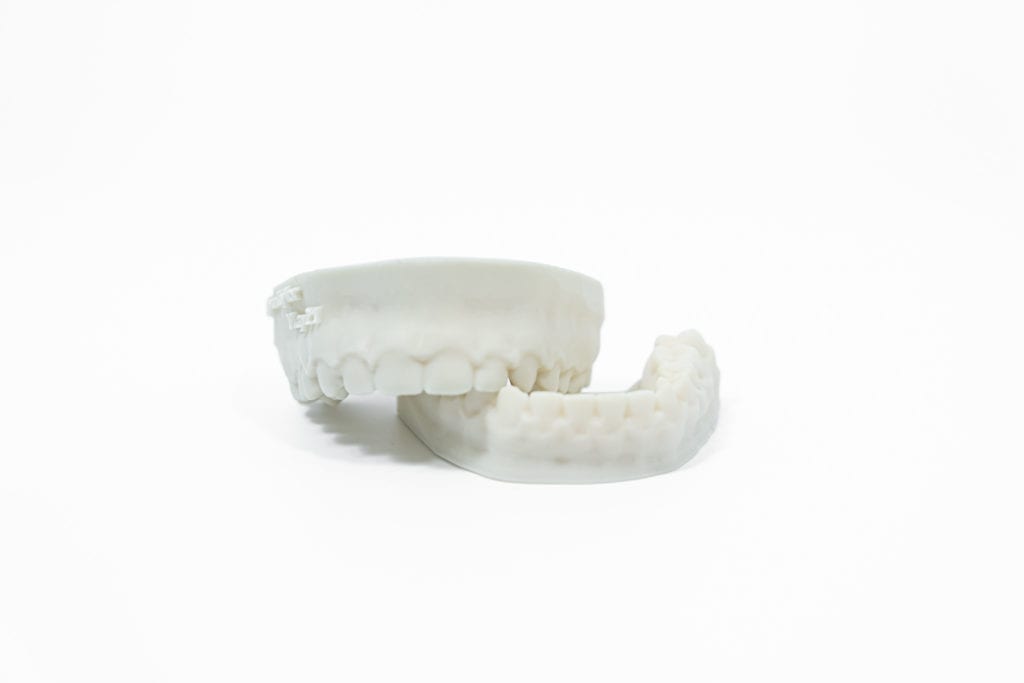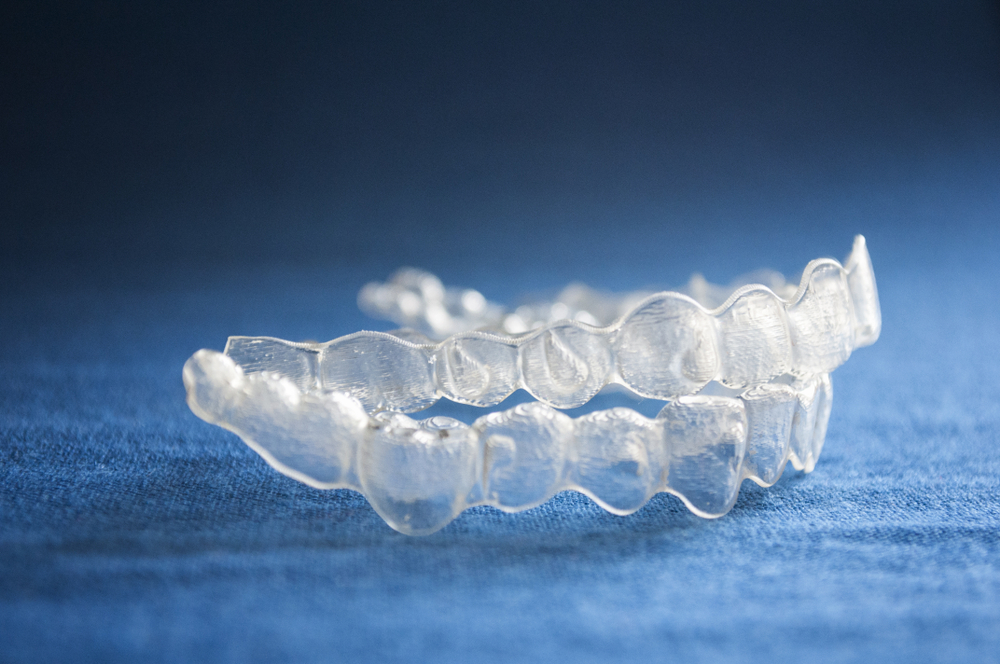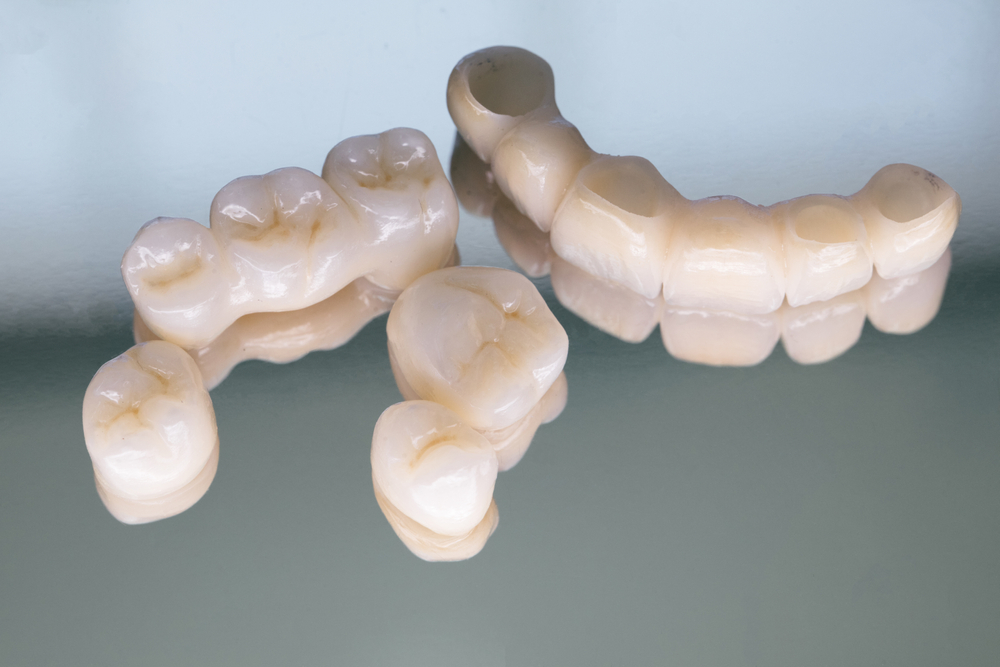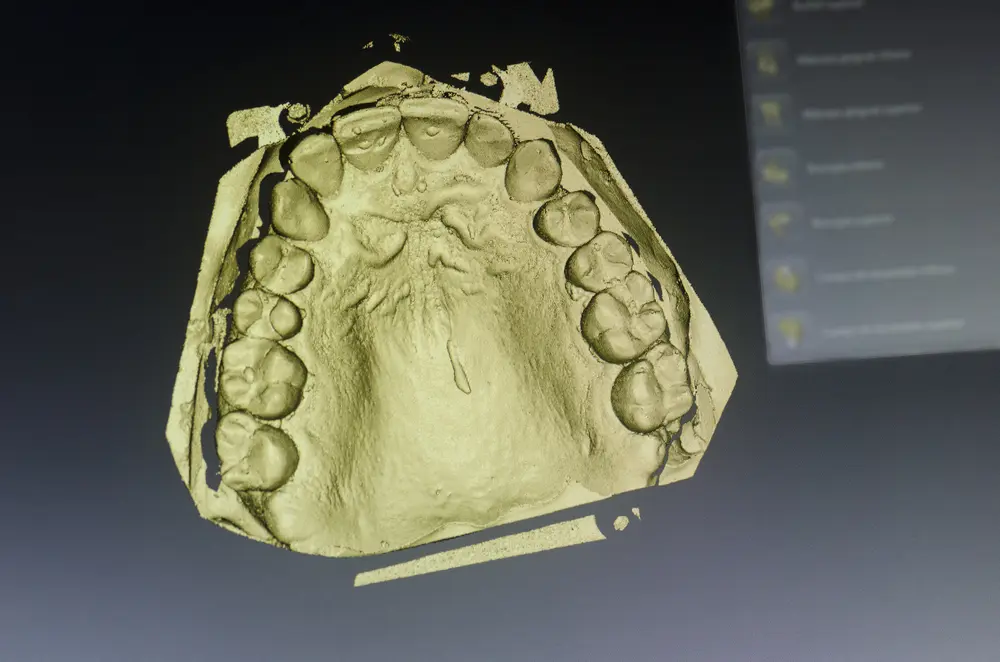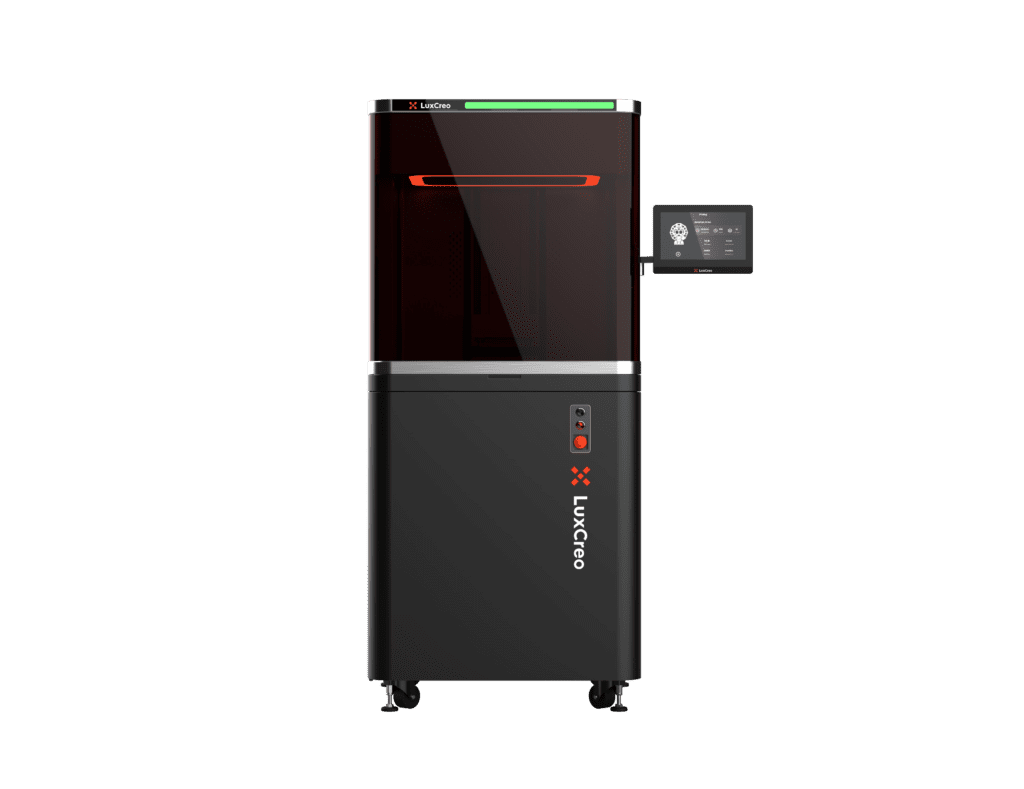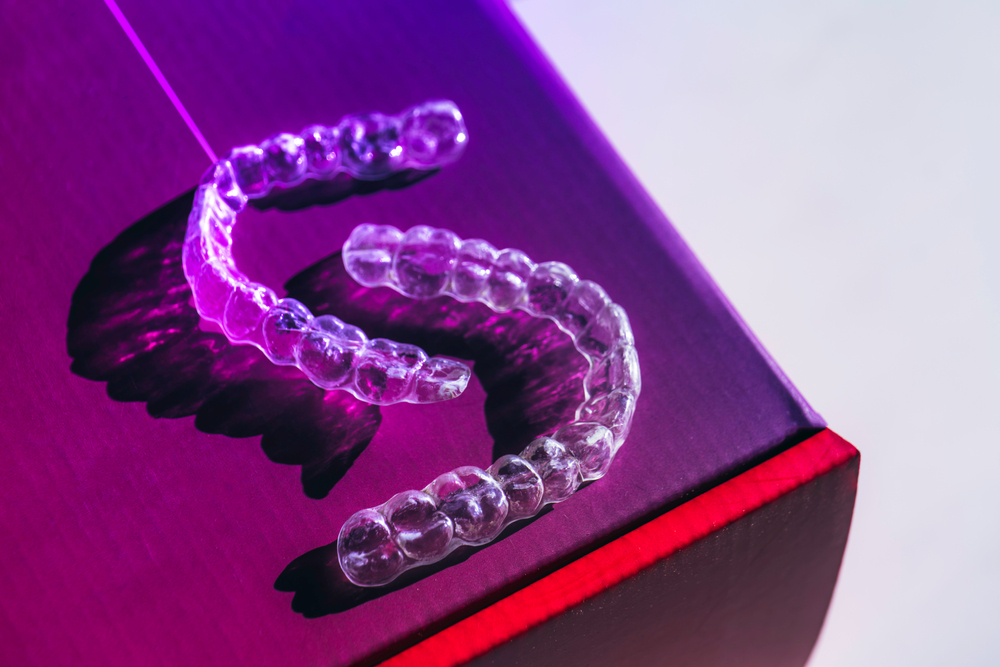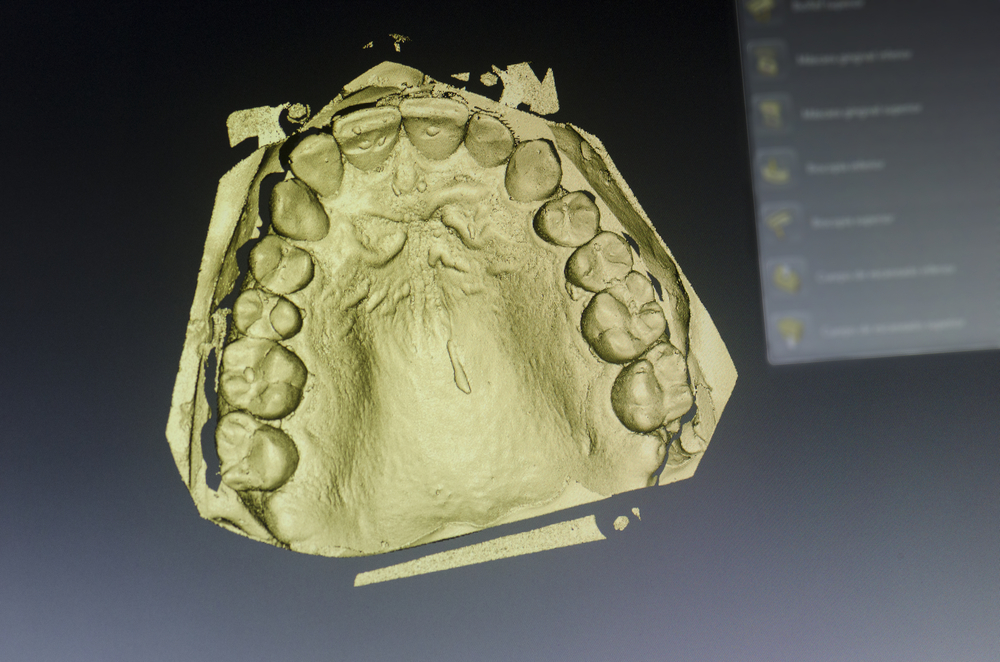Dental
Evaluating Scalable 3D Dental Printing Solutions for Dental Practices
If you need to produce high-volume quantities of simple and very inexpensive products, then 3D printing processes may not provide significant advantages. However, there are many applications of 3D printing where it solves many production pain points felt by manufacturers. Here’s what you need to know about high-volume additive manufacturing and applications where 3D printing can provide the most value.
Read MoreThree Benefits of 3D-Printed Indirect Bonding Trays
Dental procedures involve precise manual processes, both when working in a patient’s mouth and fabricating dental appliances. Products like clear aligners and night guards require manual fabrication and finishing steps…
Read MoreManufacturing High-Quality 3D-Printed Dental Retainers
Streamlining digital dentistry is a faster and more cost-effective way to produce dental retainers. Traditional processes require potentially multiple visits to the dentist or orthodontist’s office for impressions and molding, along with several weeks of waiting for a dental lab to produce and ship the appliance. Advancements in 3D printing are significantly reducing dental retainer production time and costs and improving quality and accuracy.
Read MoreEvaluating the Accuracy of 3D Printing Dental Models and Clear Aligners
Custom products like dental models need scalable manufacturing processes. Practitioners use dental models for treatment planning and demonstration. Unfortunately, the traditional method for manufacturing dental models involves many costly and…
Read MoreWhy Bring 3D Printed Retainers Into Dental Labs and Practices?
Digital dentistry workflows have included 3D printers since the late 1990s. Dental professionals saw the technology’s potential to create custom oral appliances at a rapid pace. However, the size and…
Read More3D Printer Dental Resin and Material Evaluation Guide
Advanced printers have improved printing techniques and are compatible with new 3D printer dental resins. These advanced resins support a variety of dental applications, including clear aligners and retainers. 3D printing dental solutions enable new production methods and business models for practitioners and dental labs and require resources for evaluating the range of available 3D printer dental resins. The following comprises a short guide on selecting the best 3D printable resins for different dental appliances.
Read MoreThree Ways 3D Printing Supports Dental Manufacturing Companies
Orthodontists and dental labs are using 3D printing technology to improve the quality of dental products. Dental devices like night guards, retainers, and surgical guides are custom and need to…
Read MoreBest 3D Dental Printer for Dental Labs and Practices
Dental labs and offices spend a significant amount of time creating custom products for patients. With 3D printing dental solutions, practitioners can streamline production workflows and improve the patient experience.…
Read More3D Printing Dental Retainers: Evaluating Color, Fit, Cost, and Workflow
3D printing dental retainers provide a much faster and cost-competitive option. However, there are concerns on 3D-printed retainers including color, clarity, and fit. Today’s advanced additive manufacturing systems allow greater control over color and clarity while providing an efficient and streamlined workflow for 3D printing dental retainers.
Read MoreHow to 3D Print Dental Study Models
With recent advancements in additive manufacturing machines, 3D-printable resins, and 3D printing dental software, practices and labs can use 3D printers to produce dental study models faster than the traditional casting process. 3D printing replaces the many steps in traditional model manufacturing with a fast and easy printing process that yields a more accurate product.
Read More

